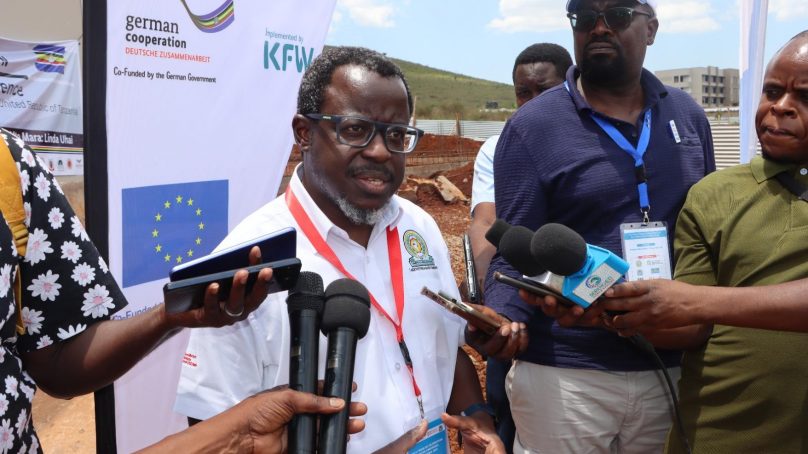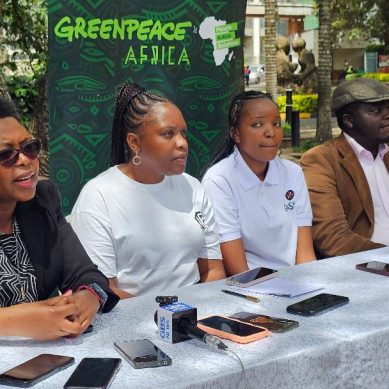
East African Community (EAC) will table a case at the upcoming COP30 climate summit in Brazil to press for stronger conservation of Lake Victoria as findings of a new study on the lake’s declining water quality are set to be unveiled.
Lake Victoria Basin Commission (LVBC) Integrated Water Resources Management (IWRM) Project coordinator Arsene Mukubwa said preliminary findings from the study carried out through a joint water quality sampling campaign involving experts from Kenya, Uganda and Tanzania revealed that the lake was under threat from rampant pollution.
In an interview during Mara Day celebrations at Mwenge Grounds in Butiama District in Tanzania, Mukubwa said LVBC ,which is a specialised institution of EAC will unveil the detailed report at the COP30 to put up a spirited case backed with scientific evidence to save Africa’s largest freshwater lake.
The study, carried out in June this year with support from German Development Agency (GIZ), is the first coordinated in-lake water quality assessment in more than two decades. Experts from the three riparian states sampled key sites to measure sedimentation, chemical pollutants and nutrient loads feeding into the lake.
The extensive study examined physical, chemical and biological parameters, including key nutrients such as nitrogen and phosphorus compounds, silica, alkalinity and total suspended solids. On-site measurements including pH levels, water temperature, turbidity, dissolved oxygen, and light penetration (PAR) were also be taken.
Geographic coordinates and depth profiles were also recorded at each sampling point to enhance spatial analysis.
Additionally, the team analysed major ions such as calcium, magnesium and chloride, along with Chemical Oxygen Demand (COD), a key indicator of organic pollution.
“Water quality has been reducing in the lake over the years, and it’s a concern that instead of us reducing pollution, we are increasing it,” Mukubwa said during Mara Day celebrations in Tanzania.
Sand harvesting, coal mining and other human activities around major urban centres along the shores of the lake, he said were to blame for the deteriorating ecosystem.
Mukubwa said the findings will feed into the basin’s strategic plan, which runs to 2030 and is reviewed every five years to guide interventions, monitor progress and reassess priorities.
With more than 40 million people relying on Lake Victoria for food, water and livelihoods, the degradation of water quality poses a growing regional threat. The EAC is expected to use the report to lobby for stronger commitments at COP30, with Mukubwa saying the aim is to ensure global recognition of the lake’s importance and mobilise support for urgent conservation measures.
The IWRM project, he added, targets to protect water, whether in rivers or lakes in the basin through stakeholder engagement to ensure that the resource is utilised prudently.
- A Tell Media / KNA report / By Chris Mahandara








